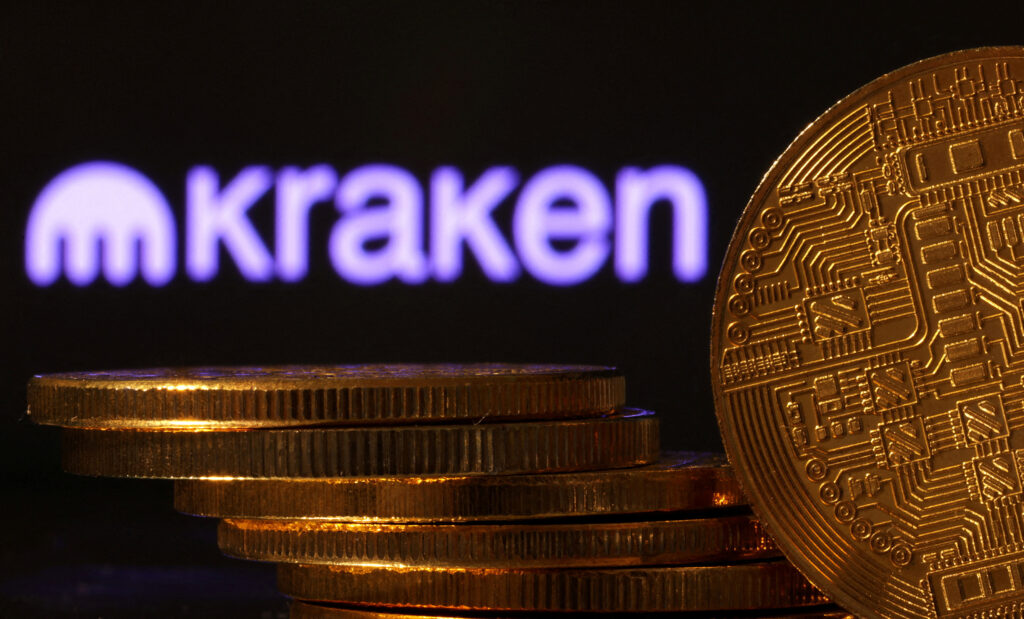Crypto exchange Kraken agreed to shut down its U.S. cryptocurrency staking service and pay $30 million in penalties to settle U.S. Securities and Exchange Commission charges that it failed to register the program, the agency said on Thursday, in a move that could cause headaches for platforms with similar offerings.
Staking is a common service provided at both centralised and decentralised cryptocurrency exchanges, including the majority of the major exchanges in the United States such as Coinbase (COIN.O) and Binance US. The settlement represents the SEC’s first crackdown on staking.
SEC chair Gary Gensler stated that the majority of staking providers fail to give customers proper disclosures, such as how a company is protecting a user’s staked assets, in a video message that was posted to Twitter on Thursday. Gensler added that those service providers ought to register their staking offerings with the SEC.
“When a company or platform offers you these kinds of returns, whether they call their services ‘lending,’ ‘earn,’ ‘rewards,’ ‘APY,’ or ‘staking’ – that relationship should come with the protections of the federal securities laws,” Gensler said.
Owners of crypto assets that use a “proof-of-stake” blockchain can stake some of their assets to potentially take part in the process of validating transactions. In exchange for their work, validators are often rewarded with newly created crypto assets.
Customers of Kraken have the option to “stake” particular crypto tokens in exchange for rewards. On its website, it makes the claim that users who agree to lock up their assets for a specific amount of time can earn up to 20% in annual yield.
The San Francisco-based platform made no statements in support of or opposition to the SEC’s accusations.
In a statement, Kraken said that only U.S. clients would be impacted by its decision to discontinue its on-chain staking services, and that most assets enrolled in its programme by U.S. users would be automatically “unstaked” as of Thursday.
A ban on staking for retail customers in the US, according to Coinbase CEO Brian Armstrong, would be “a terrible path for the US.” Coinbase also provides a staking service to its U.S. customers.
“We need to make sure that new technologies are encouraged to grow in the US, and not stifled by lack of clear rules,” Armstrong said.
Shares of Coinbase were down more than 14% on Thursday.
In order to resolve civil liability for alleged violations of the sanctions against Iran, Kraken agreed in November to pay the Office of Foreign Assets Control of the U.S. Treasury Department $362,000 and invest an additional $100,000 in specific sanctions compliance controls.
The exchange has no plans to delist cryptocurrency tokens that the SEC has classified as securities, according to the company’s incoming CEO, who spoke to Reuters in September.
The agreement was reached a year after a BlockFi Inc. subsidiary agreed to pay $100 million to the SEC and 32 states to resolve allegations relating to a retail crypto lending product that the company provided to almost 600,000 investors.
As part of the settlement, BlockFi had planned to offer an alternative product expected to be the first crypto interest-bearing security registered with the SEC, but the New Jersey company filed for bankruptcy in November without launching the product.


